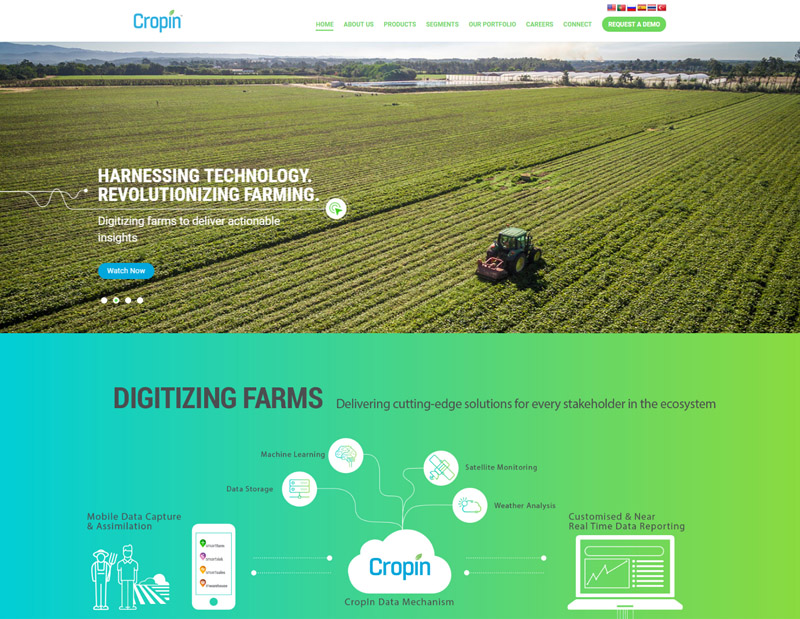Biodiversity
Digitalisation undermines profit sharing

Gaining access to genetic resources – for instance from plants or corals – used to require a physical transfer of material. Many relevant resources come from very species-rich countries in the global South. The Nagoya Protocol, an international agreement that took force in 2014, stipulates that countries of origin get a share in the benefits and revenues that may arise from resource use. The technical term for this practice is “access and benefit sharing” (ABS).
Thanks to new gene-technological and biotechnological methods, nowadays it is often possible to modify genetic material and create new organisms without having physical material at hand. All that is needed is digital sequence information (DSI). To an ever-greater extent, such information is freely accessible in online databases. This technology has been of enormous benefit to researchers as well as to private-sector companies from, for example, the agricultural, pharmaceutical and cosmetic industries. They use DSI to develop new products, which in turn generate profits. So far, no share is being passed on to the countries of origin however.
Critics view this as biopiracy. “In the past, treaties and trade deals had to be concluded, but now you can get around that,” says Alejandro Argumedo of the Swift Foundation, an organisation committed to protecting biodiversity. “Traditional knowledge is being stolen, and indigenous peoples are losing control.” The Peruvian activist was a speaker at an online conference that was conducted by the Heinrich Böll Foundation at the end of October. The topic was: “Who will profit from biodiversity in the future?”
One example of the commercial use of genetic resources is a potato that was modified using DSI to make it resistant to potato blight. It is intended for the East African market. The potato is based on the South American variety Victoria and was developed by the International Potato Centre (Centro Internacional de la Papa – CIP). This multilateral institution has its headquarters in Peru. It owns the commercial usage rights.
Argumedo is critical of both the genetic manipulation of the potato as well as of the fact that the Quechua, the indigenous community who bred the Victoria potato over the course of millennia, are not getting a fair share of the profits. “It would have been possible to fight potato blight without genetic engineering,” he argues. Argumedo believes that the new potato was only created “to allow individual companies to make a profit”. According to him, it must be ensured that the profits benefit the indigenous peoples who have demonstrably preserved biodiversity. “We need more regulations in this area,” he insists.
European countries and, to a lesser extent, other industrialised now recognise the problem, says scientist and consultant Edward Hammond. In his opinion, establishing a new multilateral fund would make sense: “It would offer a good method for benefit sharing.” Hammond hopes that the non-commercial scientific community – the largest user of digital sequence information – will appreciate the necessity of such a solution. “We have a moral duty,” says Hammond. He argues that the extreme loss of biodiversity makes it imperative that a solution be found.
The issue will be taken up at the next meeting of the conference of the parties (COP15) to the Convention on Biological Diversity (CBD). CBD is an international agreement with over 190 conference parties and therefore represents the most comprehensive binding international agreement regarding conservation and the use of natural resources. The conference was originally scheduled to take place in Beijing in October of this year, but was postponed to the second quarter of 2021 because of the coronavirus pandemic. One of the most important questions participants will address will be how research in the public interest – for instance into vaccines – can still be facilitated through open access to DSI, while at the same time ensuring that profit-oriented research provides fair financial compensation.













